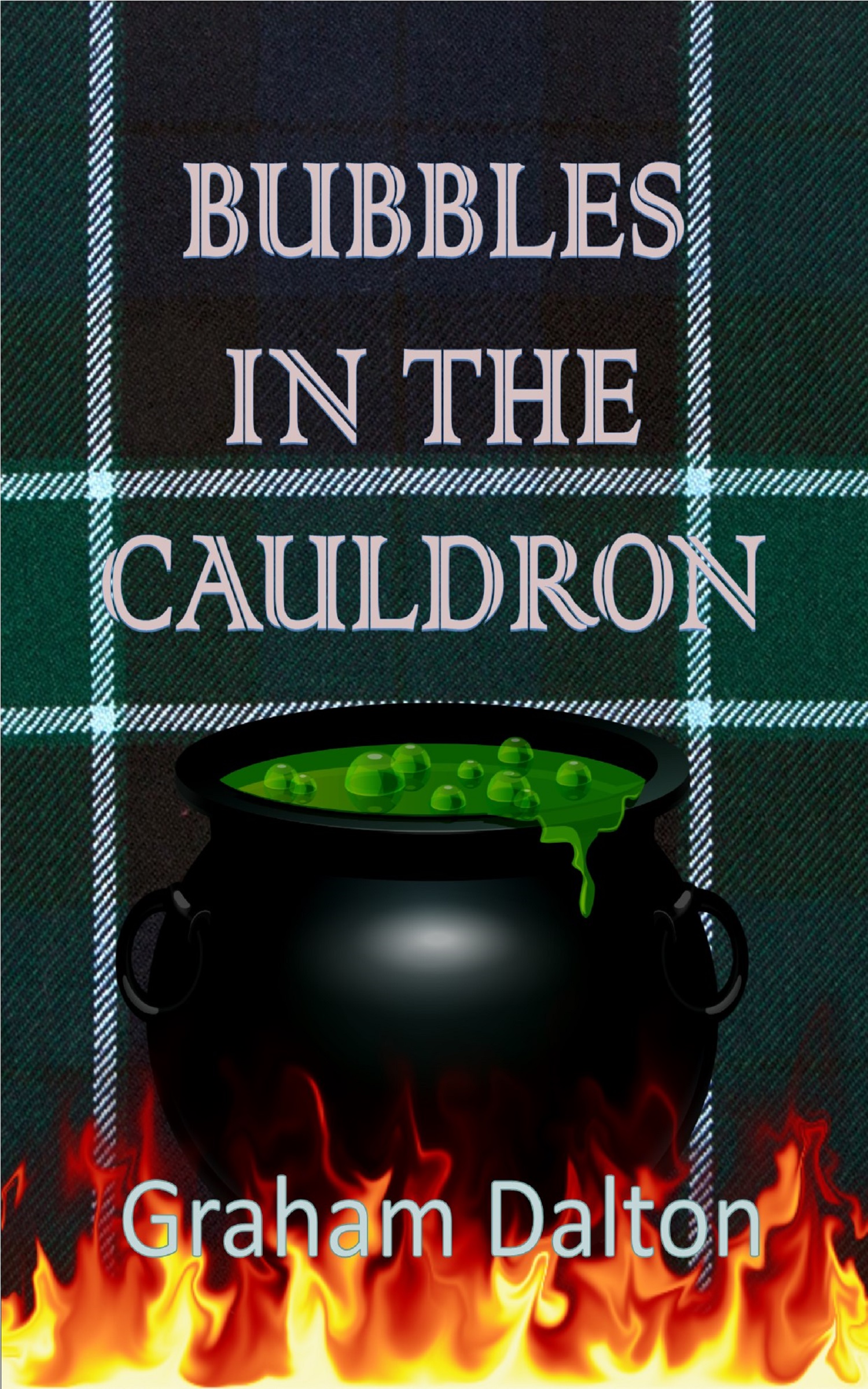
Glorious revolution in Scotland
I’ve mentioned that England was glad to have a compromise candidate for the monarchy after James II departed, but what about Scotland?
It started when James ordered the Scots to come to his aid and a small army, led by a Douglas and Graham of Claverhouse, Viscount Dundee, arrived in London. It transpired Douglas has Williamite sympathies and the general opposition to James in England persuaded Dundee to go home.
When word of William’s success came north, a convention was called to discuss the matter and the various nobles and notaries gathered in Edinburgh. Dundee brought a score of armed supporters, who paraded in the streets to impress the locals. The covenanter Cameronians, infiltrated the capital and hid themselves in basements and attics, ready to interfere.
The castle was attacked but the governor, having been appointed by James, remained loyal and was attached by the mob but left in charge of the castle.
Unlike the English situation, where the choice was virtually Catholic or Church of England and a middle road was possible, the Scots were split in three ways; the opinionated covenanters, Cameronians, who had suffered so much from James and Dundee, and formed the majority of the ordinary people of the Central and South West; the Episcopalians, who had benefitted from the Stuarts and had inflicted a good deal of the suffering in their attempts to have a single church throughout Britain; and the Catholic section of the aristocracy, loyal to James, determined to retain their ancient privileges.
With these incompatible aims, it is little wonder the settlement displeased one group. The Protestant groups made peace, leaving the Catholic aristocracy isolated, and Dundee demanded the Governor of the castle use the guns to bombard the Whigs in the New Town. When the governor refused, Bonnie Dundee left with his entourage, minus several deserters and the scene was set for a civil war.
The Cameronians, according to Sir Walter Scott, invaded the privacy of several Catholics, destroying religious statues and icons but, apparently, doing little physical harm to their persons but creating much animosity.
The civil war is often portrayed as a religious confrontation, and there was certainly an element of that, but it was really the clash between trade and privilege, between the growing socialism of the Central Belt and the lingering feudalism of the clan system of the Highlands.
Dundee and the Jacobites who followed are often portrayed as tragic heroes, but would the ordinary Highlander have gone on the rampages of Bonnie Dundee, the ’15, or Bonnie Prince Charlie, without their encouragement. How many lives would that have saved?
There are scenes within the story that bear elaborating and including in an epic.